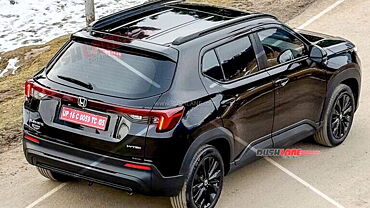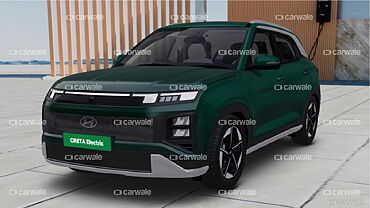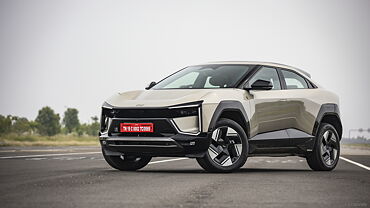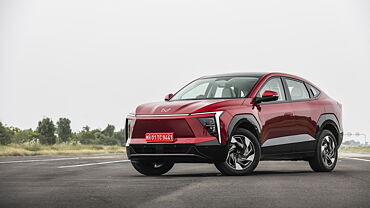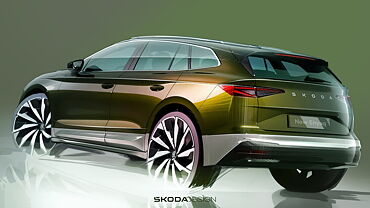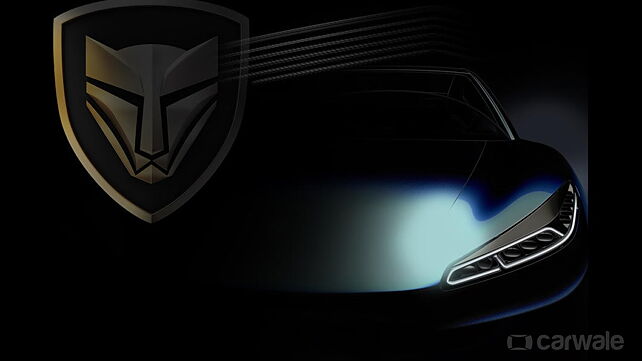
Another Chinese electric carmaker wants to make its presence felt at the highly important Geneva stage. LCVHI is the newfound electric carmaker from the ‘Land of Red Dragon’ and will be showcasing a 992bhp electric car called the Venere at the next month’s Geneva Motor Show.
The Chinese carmaker has teased two images at the moment previewing sleek headlights and tail lights of the new Venere. The colossal output figures is expected to be the result of a 100kWh lithium-ion battery pack feeding two motors on each axle channelled through a two-speed gearbox. LVCHI claims that the Venere can do the 0-100kmph sprint in under three seconds and have a top speed of over 250kmph.
The Venere measures 5,118mm in length which makes it longer than most SUVs these days. To put things in perspective, the standard Mercedes-Benz S-Class, which is a flagship sedan, measures 5,141mm in length. The drag co-efficient of the Venere is said to 0.28Cd thus helping it boast an electric range of 500km. The electric saloon is light as well tipping the scale at 2100kg all thanks to an aluminium chassis. On the inside, there will be a large touchscreen centre console instead of conventional buttons, according to LVCHI.

The Venere is built ground-up at the Institute of Development in Automotive Engineering in Italy. It will be a production-ready vehicle says the carmaker. LCVHI is based in Shanghai but has a design operation in Italy. The carmaker is in operation for two years now and currently has 400 employees. It has a Leopard face for its logo and wants their car on the streets by 2019. There is an under construction manufacturing facility in Changchun city, China.
This isn’t the first attempt at showcasing a car by LCVHI. The Chinese carmaker showcased a stunning Urano Concept sometime back. It was a futuristic four-door coupe concept with 700bhp and 900Nm. The four-seater had suicidal doors and a futuristic cabin. The Urano claimed an electric range of 500km as well.
The Venere will be showcased at the Geneva stage next month. What remains to be seen is how well LCVHI manages to survive in the growing pool of electric carmakers from China and amongst all the financial and technological troubles faced by each one of them.


